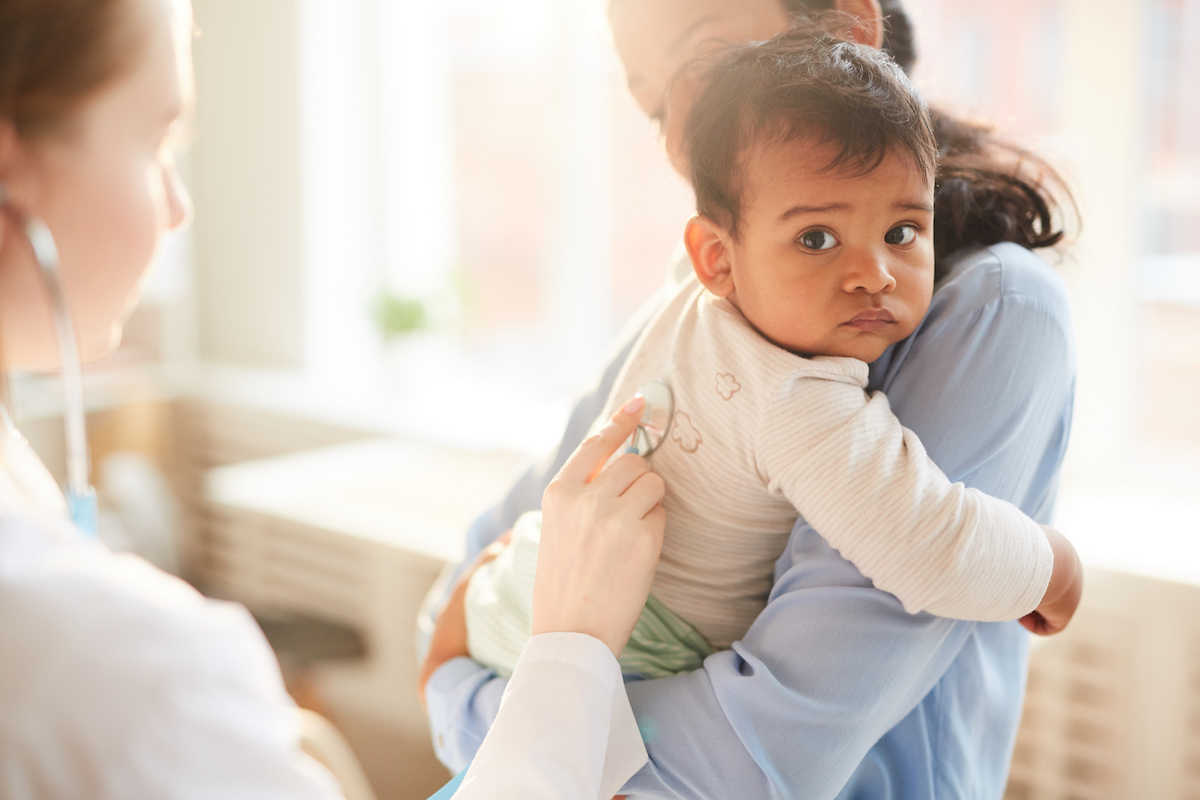When will we know if the RSV vaccine during pregnancy did a good job of protecting newborns? Do we know this yet?
—Hopeful mama
The answer to this question is a little complicated.
The simplest answer is to rely on the data from randomized controlled trials that were used in testing the vaccine. I wrote about those trials here. As with any vaccine trial, these were double-blind placebo-controlled trials. Pregnant women did not know if they got the vaccine or the placebo, and nor did the researchers. Their infants were followed for six months.
In those trials, the vaccine efficacy against severe disease was 82% over three months and 64% over six months. These efficacy numbers look similar to the efficacy for the preventive antibodies that are given to babies directly.
What we do not yet have for the vaccine during pregnancy is efficacy data from the real world. This type of data is more complicated to interpret than randomized trial data — if you compare people who got vaccinated with those who did not, you run the very real risk that these groups are different in other ways. They may differ in the exposure their children have to RSV, or in underlying risk factors.
However: even with its limitations, data of this type is very useful as a complement to randomized data. In addition to showing some real-world efficacy, it can also help us consider whether there are any risks to the vaccine that were not visible in the trials (a particular concern was a possible increased rate of preterm birth).
I have not yet seen any data of this type, but given that we have now had a full RSV season with the vaccine approved, I would expect we will have some answers in the next six months. Stay tuned!
Community Guidelines

















Log in
Hi! My midwife this week said that there is an update in the research in the past few weeks that shows that the vaccine is not as protective as we may have thought, and as such didn’t recommend I get it at this time. Curious as to whether you know what the update is? Would love to see the research! I’m 35 weeks pregnant and was offered the vaccine at 30-32 weeks, but I had a sinus infection so decided to hold off until it was resolved. Apparently something changed in the meantime!
Hi! In this April 2024 article you mention that are likely to be updates in the next six months, has anything come in? Thanks!!!